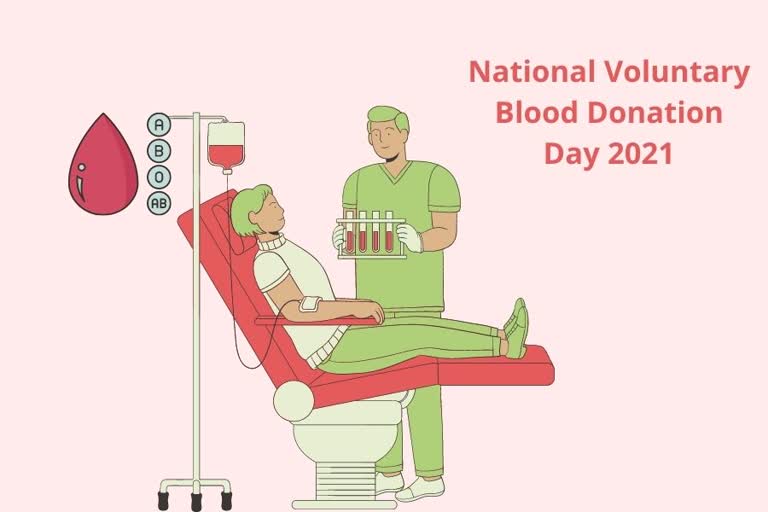Blood donation by a person can be lifesaving for someone else. Loss of blood in the body, be it because of an accident or an illness, the requirement can be fulfilled and many lives can be saved if people come forward actively to donate blood.
According to the World Health Organization (WHO), India requires 10 million units of blood annually, but only about 75% of the blood is available, due to which hundreds of patients die every year due to the lack of about 2.5 million units of blood. The obvious reason being the lack of blood donors in the country. People are either not aware of it or most of them hesitate in donating blood because of several common myths associated with it. Therefore, here are the norms as stated by the Indian Blood Bank, updated in the light of the COVID-19 pandemic.
Who Can Donate Blood?
- According to the National AIDS Control Organization (NACO), a department run under the Ministry of Health and Family Welfare (MoHFW), the Government of India, the minimum age to donate blood in India is 18 years. But the age can be different in different countries, like in America, the desired age is 16 years. However, according to the guidelines for blood donation in our country, any woman or man between 18 and 60 years can donate blood, given that they are completely healthy.
- As per NACO, men in India can donate blood once in three months and women once in four months.
- The weight of the person donating blood should be at least 50 kgs, while some blood banks allow blood donation even if it is more than 45 kgs.
- Apart from this, the hemoglobin level of the person donating blood should be at least 12.5 and the platelet count should be above 1.5 lakh. His/her pulse rate should be between 50 and 100 per minute and there should be no irregularity in the heartbeat.
- Before donating blood the person's lower blood pressure level i.e. diastolic should be between 50 and 100 mmHg and the upper pressure i.e. systolic should be 100 and 180 mmHg.
Who Cannot Donate Blood?
- Individuals who have had a heart attack or have a serious disease or comorbidity such as high blood pressure ordiabetes, or who have kidney disease or epilepsy, cannot donate blood. However, some blood banks allow people with diabetes to donate blood that have their blood sugar levels in control and are not using insulin.
- People who are HIV positive also cannot donate blood.
- According to the National Transfusion Council, if a person has been vaccinated for COVID-19, they should not donate blood for the next 28 days. The same implies to other vaccinations too. Blood should not be donated for at least a month post-vaccination.
- A person should not donate blood for 24 hours after consuming alcohol.
- If a person has undergone any kind of dental treatment, they should wait for at least 24 hours to donate blood.
- According to the World Health Organization (WHO), after getting a piercing or tattoo, you should wait about 4 months to donate blood. Actually, this advice has been given to prevent the spread of the hepatitis virus.
- Also, NACO mentions that if a woman has had an abortion, she should not donate blood for 6 months.
Things To Note Before Donating Blood
